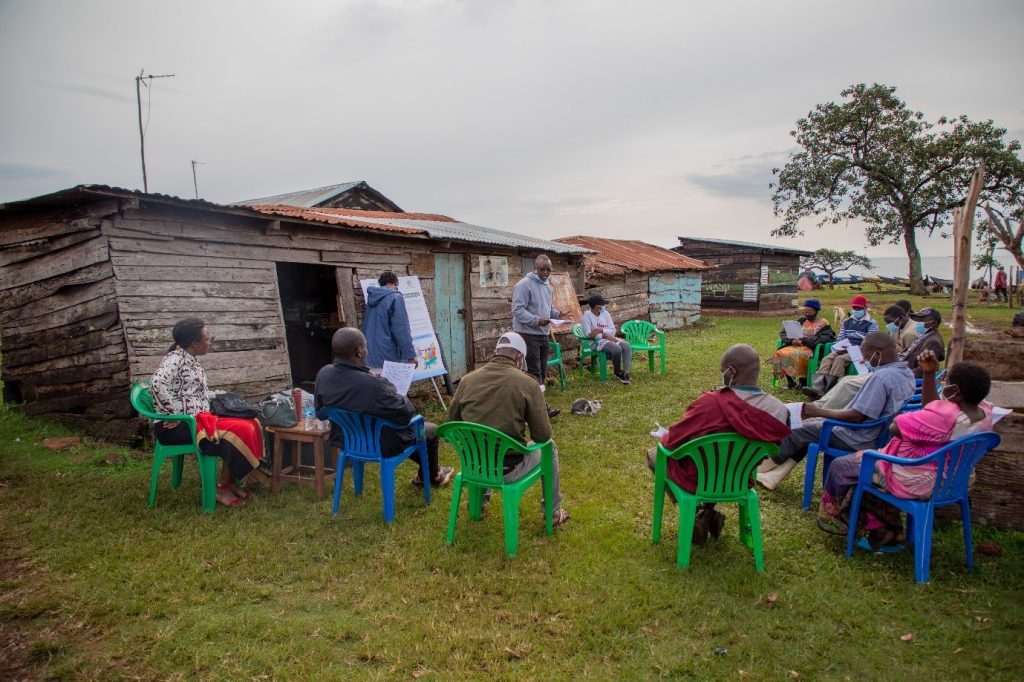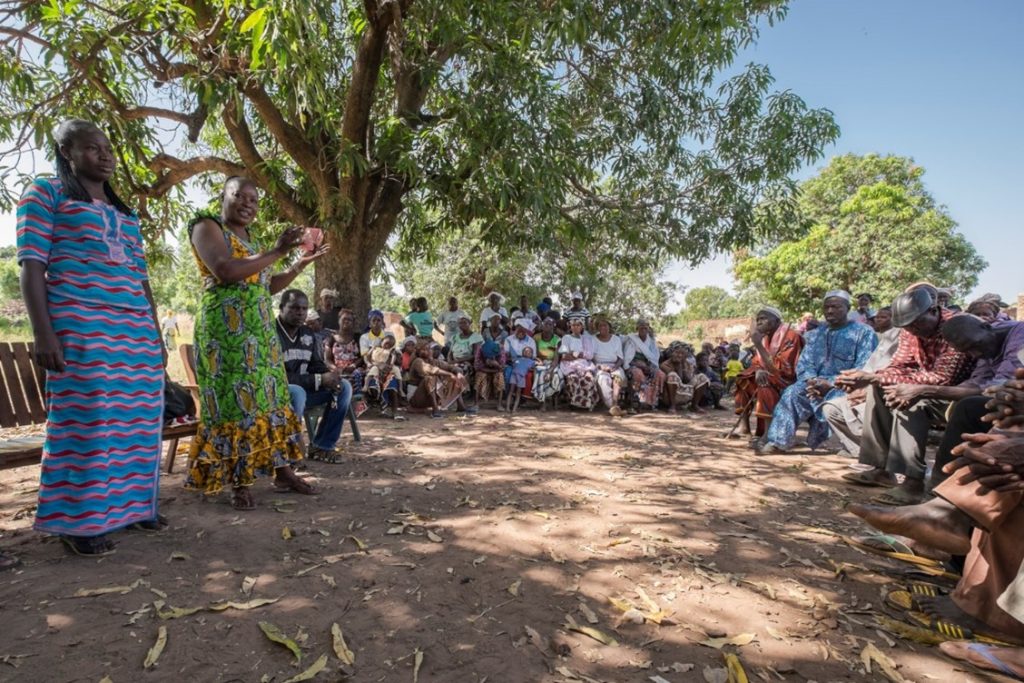In this post, Naima Sykes, Global Stakeholder Engagement Manager for Target Malaria, shares an animation video that the Target Malaria team developed, detailing their approach to stakeholder engagement activities. She also shares insights on how the consortium engages meaningfully with their varied stakeholders, and why this is so essential for their research.
By Naima Sykes
Target Malaria is a not-for-profit research consortium that aims to develop and share new, cost-effective and sustainable genetic technologies to modify mosquitoes and lower malaria transmission. By reducing the population of malaria mosquitoes, we aim to bring down the transmission of the disease, allowing people in affected areas to live without the burden of malaria and freeing up resources currently used to combat the disease.
With eleven institutions, including Imperial College London, in eight countries across Africa, Europe and North America, Target Malaria brings over 200 team members with expertise ranging from entomology to anthropology, molecular biology to modelling and many more. Stakeholder engagement is a key pillar of our approach to responsible research, and the animation video above outlines what underpins that process.
Dialogue and consultation
The overall goal of our engagement is to build an enabling environment for dialogue and consultation with our stakeholders regarding the project’s goals and to ensure that the potential beneficiaries of the technology, and those impacted by our work, are at the heart of decision-making.
Our teams engage stakeholders at different levels, from the local communities where the research takes place, to national authorities in the countries where we work, to regional and international organisations with interest in our work. Our engagement activities range from village meetings, to international symposia to reach a wide range of stakeholders.
We focus on the communities that might benefit from the technology and are directly affected by the research activities. We have an ongoing and transparent dialogue with other stakeholders too. The project uses ethically designed engagement best practices to empower these communities to make the most informed decisions about the project’s work and its activities, as we believe that engaging stakeholders can improve our working processes and the technology we aim to develop.
Communities take part in our scientific activities, such as mosquito collections, and in monitoring the progress of our work. When a new phase of our work begins, local residents are asked whether they agree to our team carrying out planned activities, and we seek agreement repeatedly over time to ensure communities are only asked to support specific activities for a limited period.
Target Malaria also engages with stakeholders at the national, regional and global level, including public health agencies, other research institutions, civil society organisations and the scientific community.

Engagement with communities and other stakeholders takes place at each step of our research and, along with regulatory requirements, sets the pace of our work. Over time, who is engaged, how often, and how, will change. But as a research project, we remain committed to open dialogue with stakeholders, responsible science, and co-development. We will also continue to focus on the voice of those most affected by malaria.

Animation aims
The objective of the animation video was to create an accessible and engaging summary of our approach to stakeholder engagement which can be used by the team, as well as across our website. Clear and easy-to-understand communication around the science, regulatory affairs and stakeholder engagement work that takes place within Target Malaria remains a priority for the project, and we look forward to developing future videos such as these.
The video was produced in collaboration with Ryan Carter Images and Kikoto Animation studio.